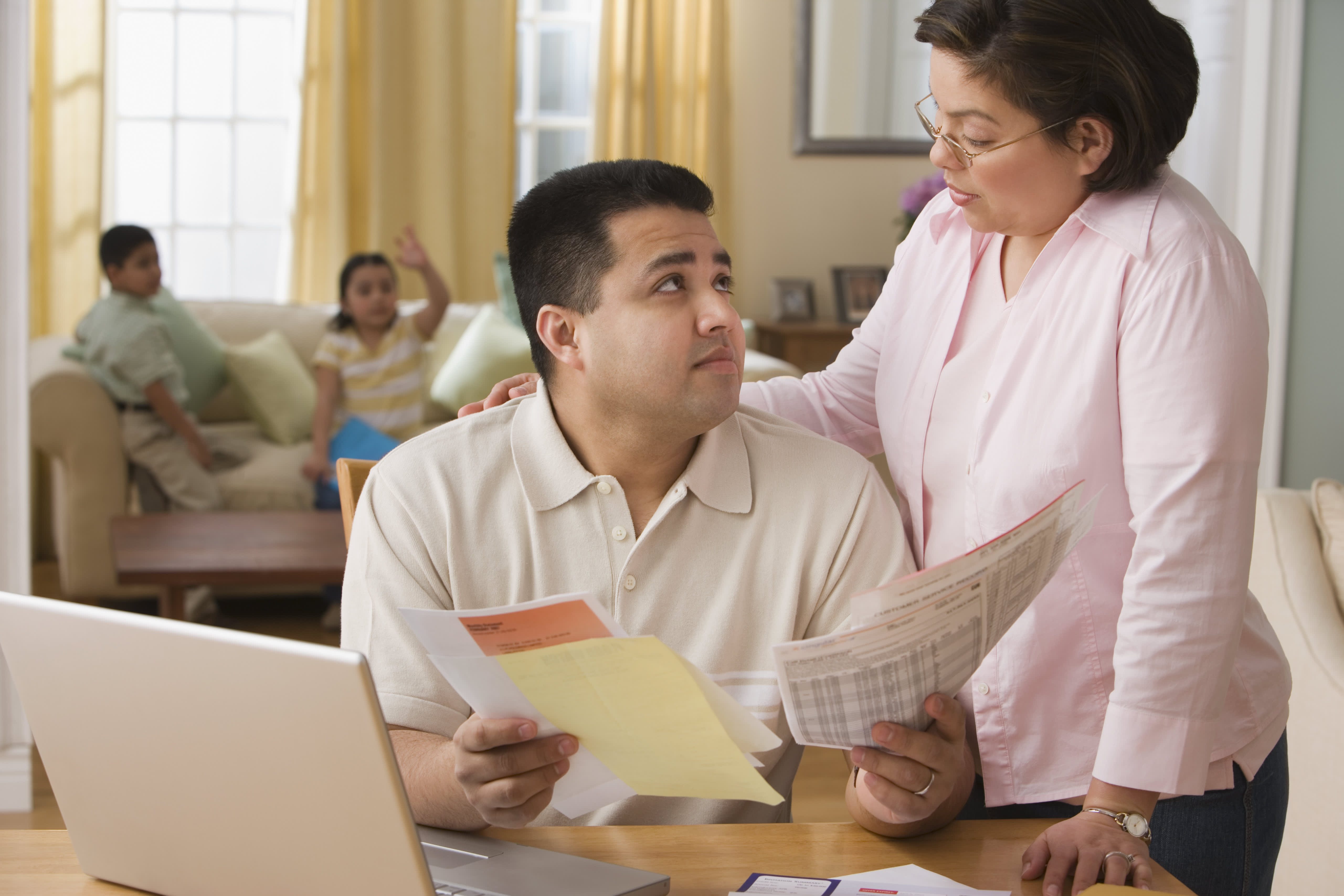
Jose Luis Pelaez Inc | DigitalVision | Getty Images
Oct.1 is around the corner.
And even though millions of Americans are living without a steady paycheck amid the pandemic, the bills are still due.
Making the situation worse is that fact that Congress hasn’t been able to reach a deal on another stimulus package, leaving extra unemployment benefits and a second round of direct cash payments in the balance.
To try to get some control over your finances during these difficult times, experts recommend you make a list of all your bills. At the top should be the things you most need: Housing, phone, etc.
More from Your Money Mindset:
What to know about buying life insurance amid pandemic
College kids worry about finances amid ongoing pandemic
Experts warn against using stimulus money for vacations
This will help you figure out what you may be able to put off for a few months, such as certain subscriptions, and what you truly need to direct your limited money towards.
If you’re struggling to pay for necessities, you want to take action as soon as possible.
“The key is to find out who’s offering what in terms of leniency,” said Jack Gillis, executive director of the Consumer Federation of America. “This proactive effort is the best way to determine what bills need to be paid now, and which ones can wait.”
Some of the accommodations offered to you are likely to come with better terms than others, said Kristen Holt, CEO of credit counselling agency GreenPath Financial Wellness. That can help you decide which bills to pause and which to try your best to pay.
For example, there’s no downside to taking the coronavirus forbearance for federal student loans that the U.S. Department of Education is offering until January, because interest doesn’t accrue on your debt during the reprieve.
Yet even if your bank lets you take a break from your credit card payment or your private student loans, chances are you’ll still rack up interest on those.
If paying your rent means you won’t be able to afford food or medicine, you now have some elbow room.
Thanks to a recent move by the Centers for Disease Control and Prevention, if you’re financially struggling you should be safe from eviction through the end of the year. You need to meet certain requirements, though, such as expecting to make less than $99,000 in 2020.
And you’ll have to sign a declaration form and give it to your landlord to make sure you’re protected. If your landlord ignores the form, you should immediately seek to get a lawyer. You can do so at Lawhelp.org. At Justshelter.org, you can search for community resources for people at risk of being pushed out of their homes.
It’s important to keep in mind that the CDC order doesn’t relieve you of your obligation to pay rent. You want to try your hardest to keep up with your rent to avoid racking up debt and being evicted come January. An eviction on your record can make it difficult to get new housing.
Some states and cities have funds allocated to help people stay in their homes. Arizona earmarked $5 million for that purpose. Residents in Delaware can apply for up to $1,500 in rental assistance. Similar relief measures were made available to those in Montana, Ohio, Iowa and New York.
Look for and apply for any available assistance in your area. Meanwhile, many landlords are showing a willingness to work with tenants who ask for payment plans, experts say.
What aid could you see?
U.S. Senate Majority Leader Mitch McConnell, R-Ky. The Republican-led Senate and House Democrats remain at an impasse on further pandemic relief.
Stefani Reynolds | Getty Images News | Getty Images
Most recently, House Democrats are working again on a pandemic relief package that includes beefed-up unemployment benefits and another round of stimulus checks. Hopefully talks with the White House will resume soon.
For now, most jobless Americans will continue to get state unemployment benefits. Thanks to the first stimulus package passed in March, many workers will be able to collect these payments for 39 weeks, or longer in some cases.
And after the $600 federal unemployment checks came to an end in July, President Donald Trump took executive action that will result in many jobless people receiving an extra $300-a-week for roughly six weeks.
For more certain relief, all eyes are on Congress.




